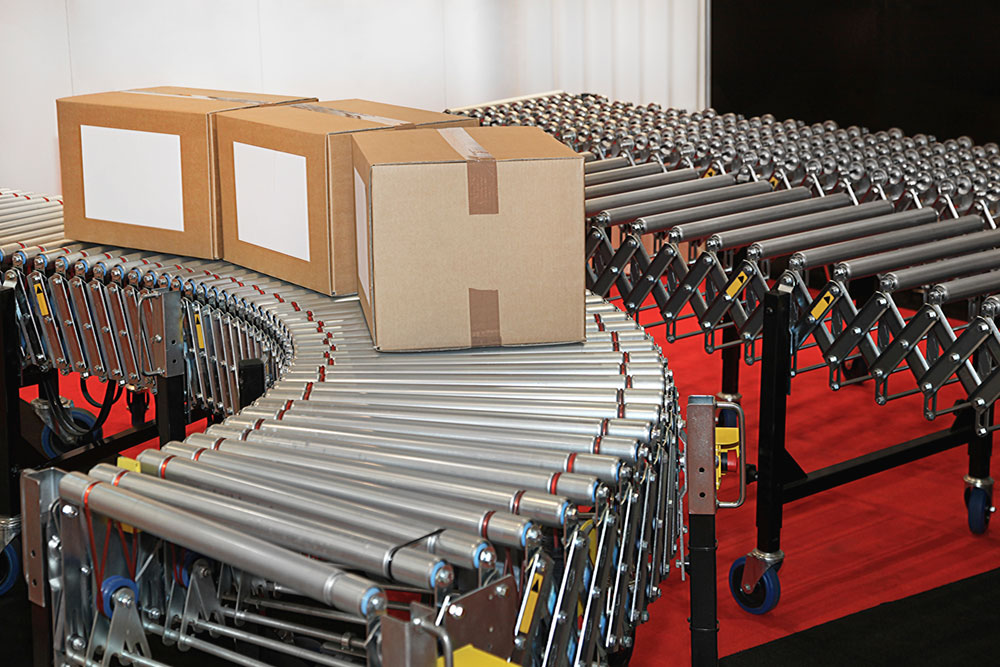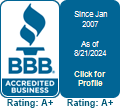The National Industrial Transportation League held a Webinar in response to the BNSF’s statement that they were eliminating their fuel surcharge program for carload traffic. The change was set to take affect this month, and Sandra Dearden, President and CEO of Highroad Consulting, Ltd. offered suggestions for shippers when negotiating new rates. Also interesting is the CSXT’s announcement that they were going to re-baseline their mileage based fuel effective January 1, 2015. Genesse and Wyoming reset their mileage base with a strike price of $3.70 HDF, also effective the first of this year. What do these changes mean?
Read More
What is the Surface Transportation Reauthorization Act of 2014, and why is it important to shippers? This bipartisan legislation was introduced on September 7, 2014 to improve the operation and effectiveness of the Surface Transportation Board. It asks to remove the STB from the Department of Transportation to establish it as an independent US agency.
Read More
An article at US News and World Report outlines the latest ruling by the Supreme Court, allowing Alabama to apply a fuel sales tax to rail but not to truck or barge.
Shippers are likely to see an increase in rates for movements through Alabama to make up for the new state sales tax on diesel fuel. Any time rates are changed is an opportunity for billing errors. AMTR monitors these changes to make sure every shipment has been paid correctly, small rate changes can lead to big overcharges across volume shipments!
Look in any contract or rules tariff and you will probably see this phrase defined. It is a French term literally translated as “greater force”. When invoked, it frees both parties from liability or obligation when an extraordinary event prevents one or both parties from fulfilling their obligations under the contract. Some scenarios included in many rules tariffs describe: Acts of God, war, insurrection, strikes, embargoes, and derailments. Still others may go further and site fire, explosion, and acts of terrorism. Union Pacific railroad gives a description of how to amend your volume commitments during this time. Included also are events which do NOT constitute a force majeure such as economic downturns or market conditions.
Due to the severe port congestion and labor disputes on the West Coast, over 70 Southern California truckers have notified the Uniform Intermodal Interchange Agreement (UIIA) and a number of shipping lines that they have declared “force majeure” and will not be held responsible for the payment of carrier-imposed charges for late equipment return. These harbor truckers are unable to operate normally, and many are being billed for these delays and service issues. Recent news also reports that although the CP Rail strike has ended after only one day, they still have numerous issues on the table. Both parties have agreed to go before an arbitration board to find resolution.
Shippers would be wise to examine all their agreements during this time of labor negotiations in both the US West coast as well as Canada. It would also be wise to have all your freight examined by a third party audit firm who is well versed in the language and law of contract and rules tariffs.
Further information may be found:
http://www.cbc.ca/news/politics/cp-rail-teamsters-union-agree-to-arbitration-1.2958917
There’s not just one thing you can do to save on your transportation costs – but in this article from Inbound Logistics, there are suggestions on how to tighten up on a few things that may be costing your company.
Specifically #7 could be one of your biggest sources of savings. Ultimately, it is common that there is neither the time nor the man power to have a trained transportation auditor available at your company that can determine the correct classification.
Let AMTR provide your with a knowledgeable team that has the time and experience to review your freight invoices and ensure that your classifications are correct and your being billed correctly.
The U.S. Business Coalition for the Trans Pacific Partnership posts a great infographic regarding Agriculture trade.
Many of these products are still regulated by the Federal Government. Rules regarding rail shipments and federal statutes may affect how shippers are invoiced for freight. At AMTR all our auditors have passed courses in Transportation Law.
Knowledge makes the difference in getting the most for your freight spend.
Article at Manufacturing.net has tips on saving money on your LTL shipping.
Unlike truckload shipments which are typically rated at on a flat or per mile rate based purely on distance, LTL shipments take into consideration many different facets. In addition to distance—weight, NMFC classification, accessorial charges, and negotiated discounts and FAK structures all contribute to how you are billed. This combination of factors can sometimes make it difficult for shippers to verify freight bill charges.
This is where AMTR can save you big. We are experts in determining the validity of LTL freight charges and can recover overcharges you have inadvertently paid due to classification, discount, weight, and FAK errors.
Every year, more shippers implement increasingly complex and comprehensive computer systems to handle freight planning, tracking, and payments. The business world has come to rely on computers to reduce paperwork and staffing and to automate repetitive tasks that do not necessarily require constant human intervention. In the process the potential for errors has been eliminated. Or has it? Even if computers perform perfect calculations all the time, that still leaves a big hole for errors: the data may not be perfect from the beginning. Perfect calculations on imperfect data still lead to erroneous payments.
Read More
The recent news regarding ILWU Labor negotiations sparks further examination. Shippers have moved up orders, asked customers to take on more inventory, and routed cargo through ports in Canada and the U.S. East and Gulf Coasts. According to a Journal of Commerce survey, two thirds of shippers who participated plan to divert some cargo away from the U.S West Coast ports to avoid disruption that could emerge from contract negotiations. The majority of those planning on making changes stated they will ship through East or Gulf Coast ports, with others using ports in Canada and Mexico. The risk of disruption is just too great. But when these changes are made, will the overflow to other ports cause even further problems with service?
Read More
A new article at Logistics Management outlines some significant changes to how shipments are rated and priced.
This year, UPS and FedEx have begun billing ALL ground shipments based on dimensional weight. Some experts are also predicting that shippers will soon be asked to disclose freight dimensions on all LTL bills of lading. Contracted discounts and FAK exception rates are driving carriers to renegotiate pricing to more accurately reflect the associated costs of moving shippers’ freight. These significant billing changes will undoubtedly cause confusion and leave a great deal of room for error, particularly as the “kinks” are being worked out of carriers’ systems.











